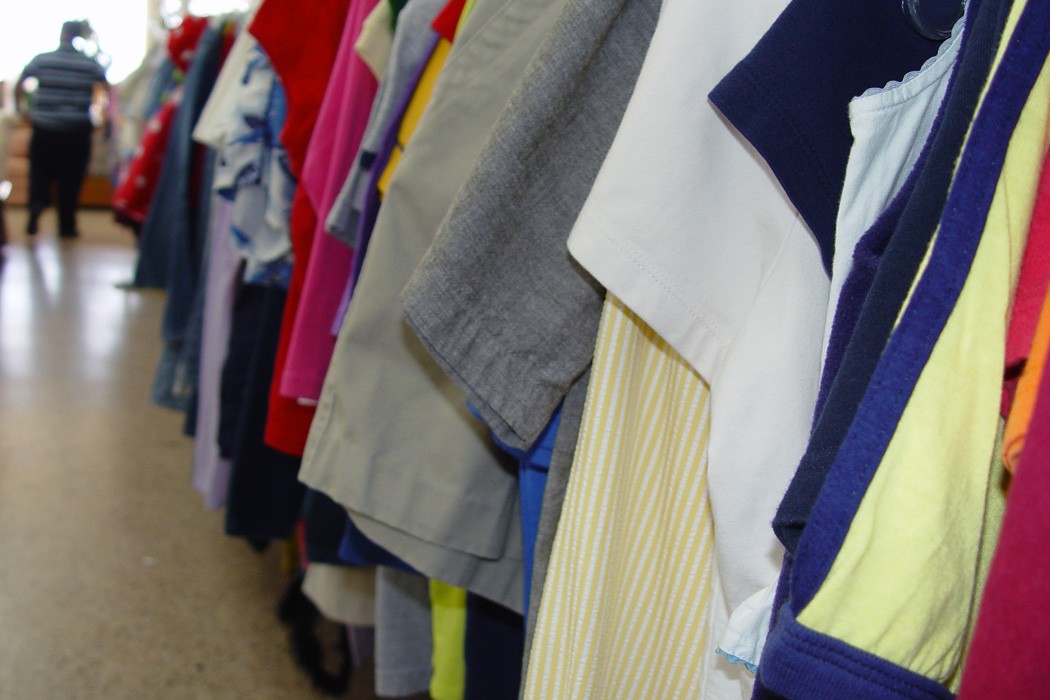I have spent most of my life choosing to live cheaply. I make things. I grow things. But my greatest skill is finding things. Trolling secondhand shops, rummage sales, and Saturday morning yard sales is a finely honed reflex. I’ve never considered any other way of living. Thrifty is just how I roll. It is what I do. It is what I can afford. And I wear it proudly (just like I wear those sweet, well-worn, leather Frye boots I scored for only $2!).
I can’t recall what got me started on living the thrifty life. I grew up in a large family where hand-me-downs were a necessity and living always happened on a budget. But it wasn’t a philosophy we discussed around the dinner table. I don’t remember being taught to live this way. I have always been creative and independent and fiercely sensitive to the needs of people around me. I never wanted to add to anyone’s burden. So I suppose choosing to be resourceful has helped me feel self-sufficient. With a well-trained eye and a bit of pocket change, I can look after myself.
When I was in high school, my penchant for the second-hand was like a life preserver that I clung to for survival. It was a way to buoy my head above those raging teenage waters and set me apart, keep me different. My spending habits became my signature style. I happily branded myself in overtly used goods, so long as it meant that I wouldn’t blend in. My thriftiness became part of the language I used to tell the world who I was—and I paid the price for it. Kids can be cruel. Even my mother would lash out in tears, begging my brother and I to dress normally, to blend in. I bruised, but my resolve didn’t break. The price of giving in was just too high. I couldn’t afford it.
As I grew older, my resourcefulness grew with me. I moved out, got married, and bought a house. Clothing swaps kept my wardrobe overflowing with free (ill-fitting) outfits. Library book sales meant building more bookshelves to hold stories I might one day read. That old organ was only $2 at auction (“I will find a spot for it and learn to play!”). Growing up just gave me more reasons and more ways to work my thrifty muscles that much harder. I owned a house, and as long as I wasn’t spending much money, I may as well fill it with things that I might one day need.
Somewhere along the way I think I began to equate my thriftiness with consumer saintliness. I wasn’t a real consumer. I wasn’t out there wasting money on useless things at big box stores. I was a collector, a curator of once discarded goods, a treasure hunter with an artful eye. I was saving money! My house was full of scrimped wares, and when I looked at the clutter all I saw was virtue.
Fast-forward a fistful of years: the marriage is gone and so is the house. Divorce brings with it a division of property—take a home full of collections and clutter and cut it in half. In the eyes of the law, it doesn’t matter how hard you hunted or how cheaply you scored it, they only want to know what you’ve got and what it’s worth so they can enter it in a computer to calculate what you deserve.
I remember standing newly alone, like a stranger in my own home, looking at all the things that filled the space around me: artifacts, trinkets, books, art, dishes, clothes, furniture, photographs, even the walls and floors. I remember the moment when they all became meaningless. I remember understanding that my greatest task was survival and that an obsession with stuff, no matter how low the price, was only going to get in my way.
The problem wasn’t the books or the clothes or the trinkets themselves. The problem was the way I relied on them—or even, sometimes, on the hunt for them—to distract me from the true narrative of my life. Standing there with empty boxes and a house full of stuff, I saw how my consuming had accelerated as my marriage deteriorated. I could lose myself in the search for a vintage treasure or a yard sale bargain, and not have to face the guilt, fear and emptiness that roared inside me. I could hide our gradual dissolve amidst a well-curated house of salvaged things. I could keep telling myself, “At least my vices don’t cost me much.”
In the end, most of those distractions got given away or sold for a quarter on the front lawn. When it came down to choosing what I needed to survive, not much out of that house full of stuff made the final cut.
I will always be a secondhand shopper with a keen eye for a good steal and a weakness for free stuff on the curb. It just makes sense to me to live that way. Plus I get a real kick out of it! But my losses have taught me a lot about letting go. And letting go has shown me how little I actually need. Thriftiness is not the same thing as simplicity. There is no saintliness in consumption, regardless of price tag.
I needed to have it all stripped away—money, house, possessions—before I could see how skewed my vision had become. I needed to lose a lot so I could find out what actually mattered to me. I needed to learn to tell the story of who I am by what I do with my life, not by what I have or how much I spend.
Loss gave me the chance to lighten my load. My bones have never felt freer. I am learning the beauty of living simply rather than cheaply. I want to need less and give more. I still love the thrill of the hunt, but what I have come to love even more is the freedom of not being afraid to lose what I never really had in the first place.




